Sleeping in your car across Michigan’s diverse landscape can be legally permissible, but understanding the complex web of state and local regulations is essential for avoiding fines, towing, or legal complications. While Michigan does not have statewide laws explicitly prohibiting vehicle sleeping, local ordinances and specific circumstances can significantly affect what’s allowed.
Understanding Michigan’s Legal Framework
State-Level Regulations
Michigan’s approach to vehicle sleeping operates without broad state prohibitions, providing travellers and residents with general permission to rest in their cars under appropriate circumstances. The Michigan Department of Transportation has recently proposed new rules that would limit sleeping in vehicles at rest areas to 48 hours maximum, while prohibiting the setup of tents or other structures. This represents a shift toward more structured regulations for state-managed areas.
The state’s legal framework focuses primarily on location-based restrictions rather than blanket prohibitions. Public safety and property rights form the foundation of most regulations, ensuring that vehicle sleeping doesn’t interfere with traffic flow, property access, or community standards.
Local Municipal Variations
Cities across Michigan maintain varying approaches to vehicle sleeping regulations. Detroit, Grand Rapids, Ann Arbor, and Lansing each enforce distinct local ordinances that can significantly impact where and when sleeping in vehicles is permitted. Urban areas typically maintain stricter oversight due to higher population density and increased concerns about loitering and public safety.
Many municipalities have developed specific time limits for parking, ranging from two-hour restrictions in commercial zones to overnight prohibitions in residential areas. These regulations often carry fines between $50 to $200 for violations, with additional towing costs that can exceed several hundred dollars.
Permitted Locations for Vehicle Sleeping
Highway Rest Areas
Michigan operates numerous rest areas along Interstate highways including I-75, I-94, I-69, and US-131, designed specifically for traveler safety and short-term rest. These facilities typically allow parking for several hours and accommodate brief sleeping periods for driver fatigue management. However, extended overnight stays may face restrictions under new proposed MDOT regulations limiting stays to 48 hours.
Rest areas provide essential amenities including restrooms, picnic tables, and waste disposal, making them practical choices for legitimate travel-related rest needs. The Michigan Department of Transportation maintains these facilities specifically to reduce drowsy driving incidents and improve highway safety.
Designated Campgrounds and Parks
Michigan’s extensive state park system, including popular destinations like Sleeping Bear Dunes, Mackinac Island State Park, and Tahquamenon Falls State Park, offers designated vehicle camping areas. These locations provide legal, safe environments for extended vehicle stays with proper permits and fees.
Private campgrounds throughout Michigan also accommodate vehicle sleeping, often providing additional amenities like electrical hookups, water access, and shower facilities. Many truck stops and travel centers in cities like Kalamazoo, Flint, and Traverse City welcome overnight parking for legitimate travelers.
Public Parking Areas
Certain public parking areas permit short-term vehicle occupancy, particularly in downtown districts during specified hours. Many Walmart locations across Michigan traditionally allow overnight parking for RVs and vehicles, though individual store policies may vary and should be confirmed with management.
Truck stops along major highways provide designated parking for commercial and personal vehicles, offering secure, well-lit environments for overnight stays. Popular chains like Flying J and TA Travel Centers maintain locations throughout Michigan with facilities supporting extended vehicle stays.
Prohibited Areas and Legal Restrictions
Private Property Limitations
Sleeping in vehicles on private property without explicit permission constitutes trespassing under Michigan law, potentially resulting in criminal charges, fines, and vehicle towing. Shopping centers, business parking lots, residential driveways, and private campgrounds all require property owner consent for overnight stays.
Educational institutions, hospitals, and government facilities typically maintain strict no-overnight-parking policies, often enforced through regular security patrols and towing services. Violating these restrictions can result in immediate vehicle removal and substantial fees.
Urban Restricted Zones
Cities like Detroit and Grand Rapids maintain specific ordinances prohibiting overnight parking in residential neighborhoods, near schools, and around government buildings. These restrictions aim to prevent loitering while maintaining community safety and property values.
Commercial districts often enforce time-limited parking to ensure business customer access, with violations resulting in tickets or towing. Areas near Metro Detroit, Kalamazoo, and Battle Creek maintain particularly strict enforcement due to higher population density.
Loitering and Vagrancy Concerns
Michigan’s loitering laws can apply to extended vehicle occupancy in certain areas, particularly when combined with other activities that may disturb public peace. Police officers maintain discretionary authority to address situations involving vehicle sleeping that may violate local ordinances or create safety concerns.
Residential zones in cities like Livonia, Troy, and Sterling Heights often have specific regulations about overnight parking that can affect vehicle sleeping legality. These ordinances typically focus on maintaining neighborhood character and preventing transient activities.
Safety and Practical Considerations
Weather-Related Challenges
Michigan’s harsh winter climate presents significant safety challenges for vehicle sleeping, with temperatures regularly dropping below freezing from December through March. Carbon monoxide poisoning risks increase when running vehicles for heat in enclosed or snow-covered areas, requiring careful ventilation and safety precautions.
Summer months bring different challenges, including extreme heat and humidity that can create dangerous conditions inside vehicles. Heat-related illness becomes a serious concern, particularly for vulnerable populations including elderly individuals and those with medical conditions.
Security and Crime Prevention
Vehicle sleeping requires careful attention to personal security, particularly in urban areas or isolated locations. Well-lit, populated areas provide better safety than secluded spots, reducing risks of theft, vandalism, or personal harm.
Keeping vehicles locked, maintaining low profiles, and avoiding displays of valuable items help minimize criminal targeting. Many experienced vehicle sleepers recommend rotation between different locations to avoid establishing patterns that might attract unwanted attention.
Legal Documentation and Identification
Carrying proper identification, vehicle registration, and insurance documentation becomes essential when sleeping in vehicles, as police encounters may require proof of legal vehicle operation and ownership. Officers may conduct welfare checks or investigate potential violations, making cooperation and documentation crucial.
Emergency contact information and medical documentation can prove valuable during unexpected situations or health emergencies. Maintaining clear communication about travel plans with trusted contacts helps ensure assistance availability when needed.
Special Circumstances and Exceptions
Emergency Situations
Michigan law generally recognizes emergency circumstances that may necessitate vehicle sleeping, including severe weather, mechanical breakdowns, or medical emergencies. These situations typically receive more lenient treatment from law enforcement, particularly when safety considerations outweigh minor ordinance violations.
Winter storm conditions frequently create situations where vehicle sleeping becomes necessary for survival, with authorities often prioritizing safety over strict regulation enforcement. Similarly, vehicle breakdowns on highways may require temporary vehicle occupancy while awaiting assistance.
Employment-Related Needs
Commercial drivers, delivery personnel, and traveling workers may have legitimate employment-related needs for vehicle rest periods. Many employers provide guidance about legal parking locations and may maintain agreements with specific facilities for employee use.
Seasonal workers in Michigan’s agriculture and tourism industries sometimes rely on vehicle sleeping during peak employment periods, particularly in areas like Traverse City during cherry season or Holland during tulip festivals.
Homelessness and Housing Insecurity
Michigan’s approach to homelessness and vehicle sleeping reflects broader social policy considerations, with many communities working to balance enforcement with humanitarian concerns. Social services and homeless shelters in cities like Detroit, Grand Rapids, and Lansing provide alternatives and support for individuals experiencing housing insecurity.
Recent MDOT proposals specifically address concerns about individuals using rest areas as long-term housing solutions, reflecting ongoing tensions between public facility management and social service needs. These discussions highlight the complex relationship between transportation infrastructure and housing policy.
Enforcement Patterns and Penalties
Fine Structures and Costs
Parking violations related to vehicle sleeping typically range from $50 to $200 depending on location and specific ordinance violations. Additional costs including towing fees, storage charges, and administrative penalties can quickly escalate total expenses beyond $500 for serious violations.
Municipal court systems across Michigan handle parking and ordinance violations, with some jurisdictions offering community service alternatives or payment plans for individuals facing financial hardship. Detroit, Flint, and Pontiac maintain specific programs addressing quality-of-life violations.
Police Response Protocols
Law enforcement approaches to vehicle sleeping vary significantly across Michigan jurisdictions, with many departments emphasizing public safety and welfare concerns over strict enforcement. Officers typically conduct welfare checks before issuing citations, particularly when individuals appear to be in distress or emergency situations.
Community policing initiatives in many Michigan cities focus on connecting individuals with appropriate resources rather than purely punitive responses. Cities like Ann Arbor and East Lansing maintain protocols emphasizing social service referrals alongside enforcement actions.
Vehicle sleeping in Michigan operates within a complex legal framework that balances individual needs with public safety and property rights. While state law generally permits the practice under appropriate circumstances, local ordinances and specific situations significantly affect legality. Understanding these nuances, choosing appropriate locations, and maintaining awareness of local regulations provides the best strategy for legal compliance while ensuring personal safety and security. Travelers, workers, and residents should research specific municipal ordinances, prioritize designated facilities, and maintain proper documentation to navigate Michigan’s vehicle sleeping regulations successfully.
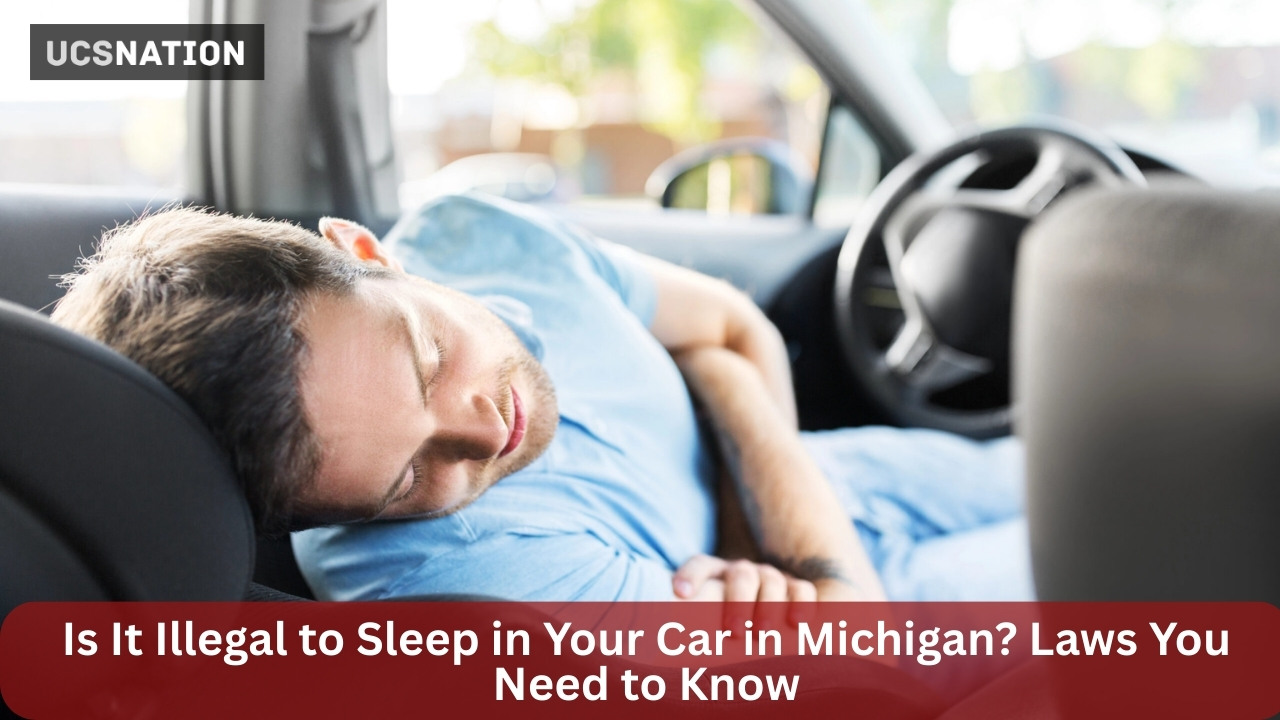





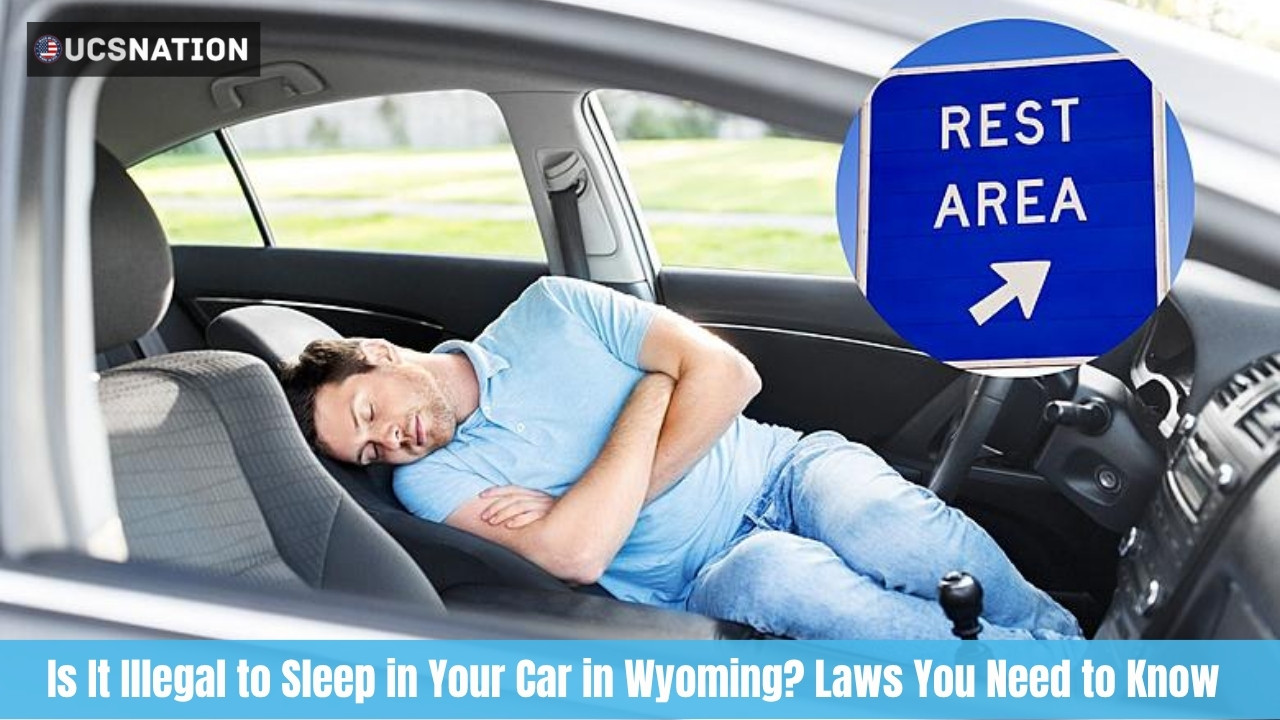
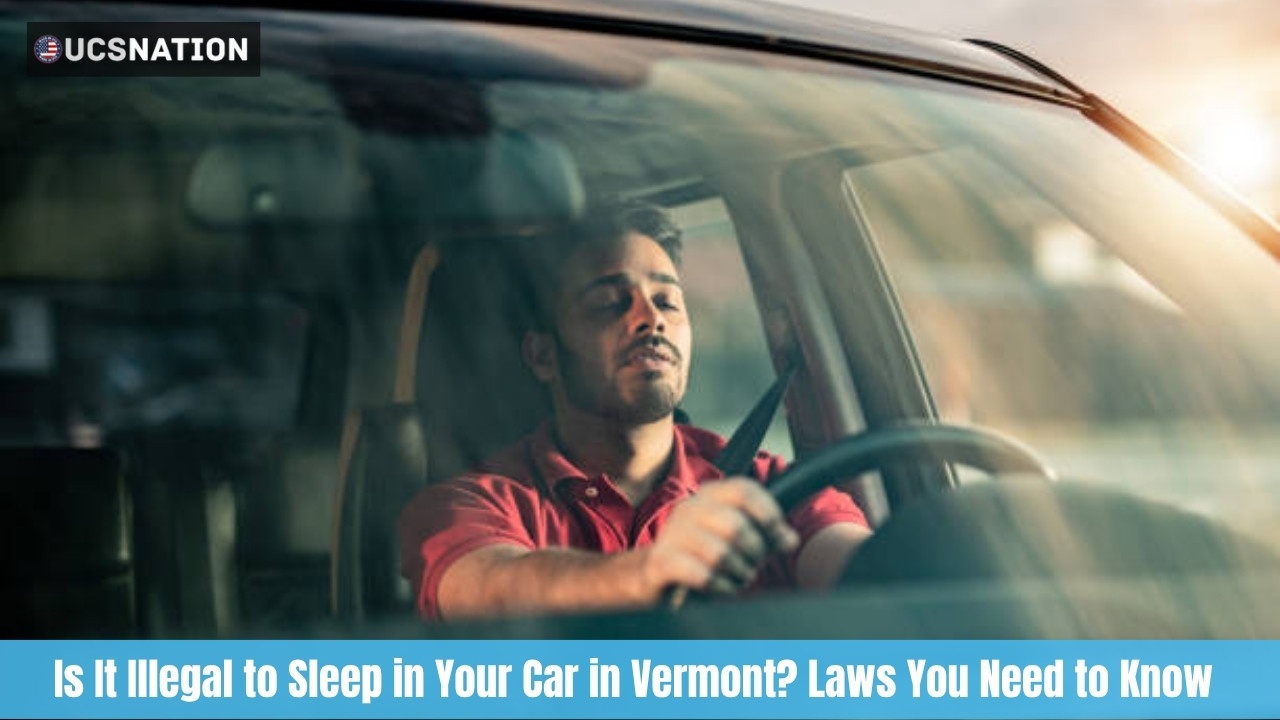
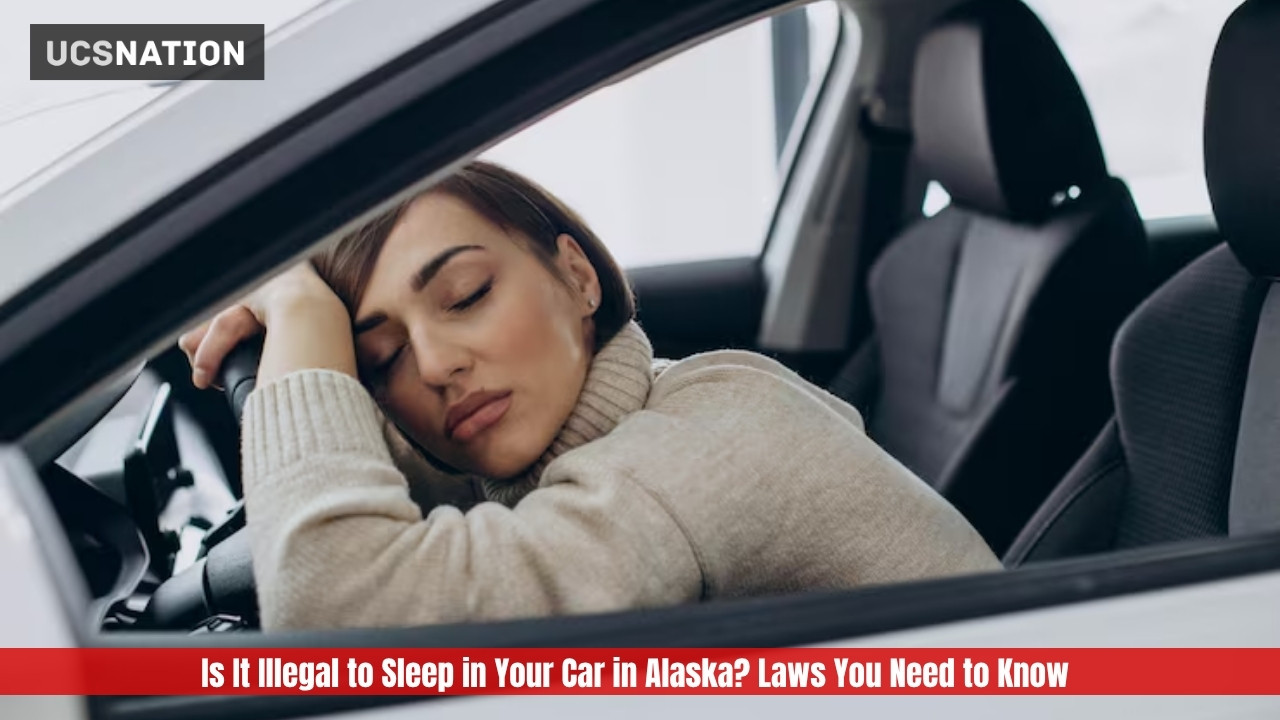
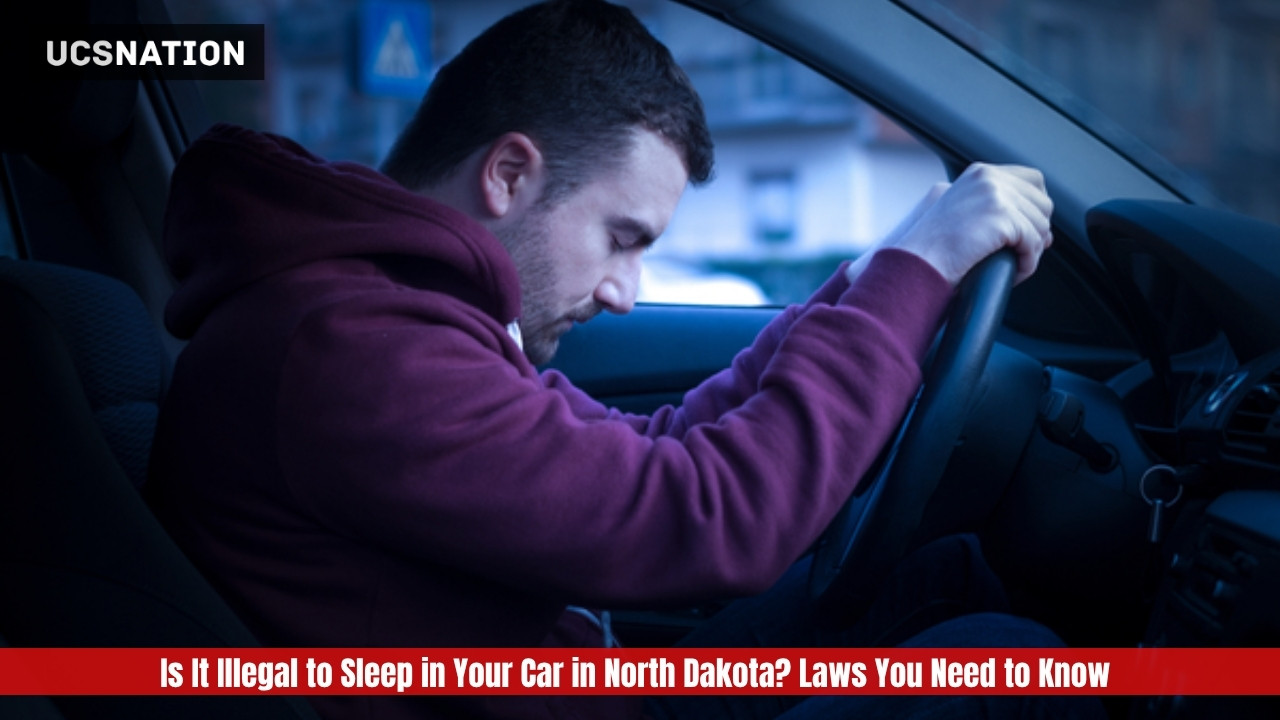
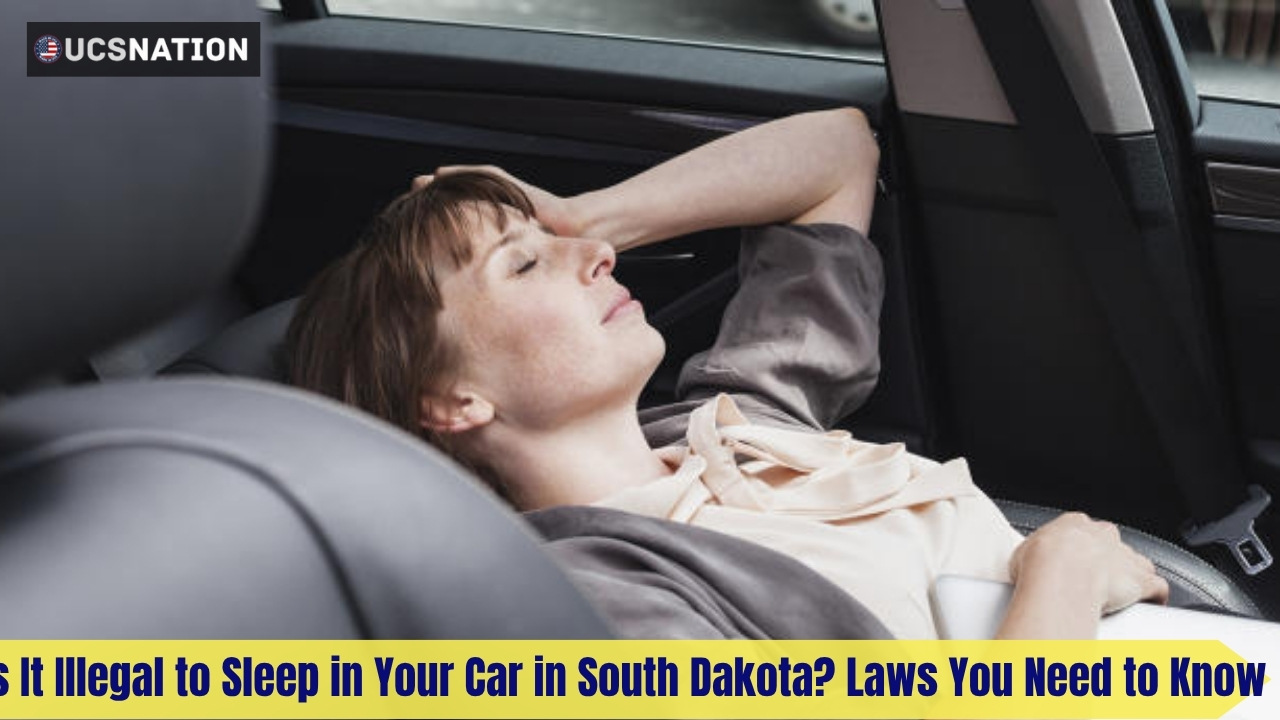




Leave a Reply